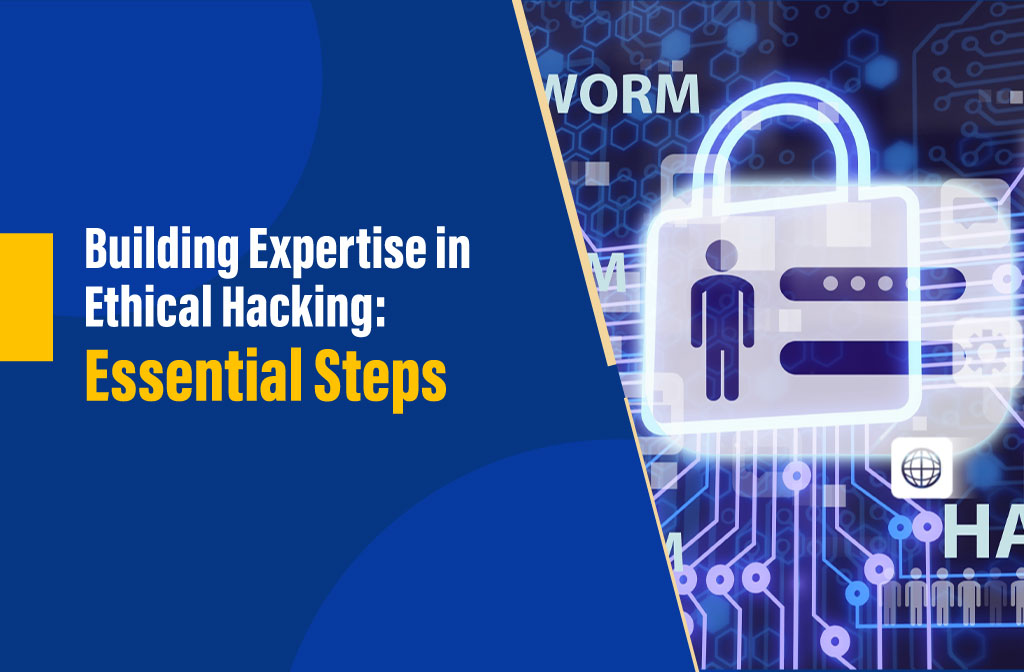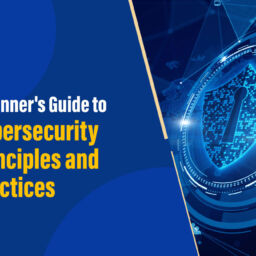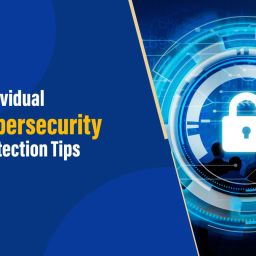
Ethical hacking is one of the key skills for various job roles which is related to securing the credentials or online assets of any business or company. In today’s digitization world, it requires professional experts to maintain and manage companies’ computers, servers, and other infrastructure. They are also responsible for preventing unauthorized access when there is an alert from non-physical channels. When it comes to ethical hacking, the duty is to check for any potential vulnerabilities in a company or network. The B Tech IT colleges in Tamil Nadu allow these ethical hacking courses in the information technology degree to learn how ethical hackers need to work in an organization. This article highlights the essential steps to becoming an expert in ethical hacking.
Ethical hacking: What do you know about it?
Within the field of cybersecurity, ethical hacking is lawfully recognizing security protections on a system to identify potential threats and data breaches on the network. White-hat or ethical hackers refer to individuals who work ethically in the hacking community.
So, what exactly does an ethical hacker do for a living?
Ethical hackers find flaws in data computer security for businesses and organizations globally, defending them against hackers with less good intent rather than employing their sophisticated computer skills for malicious reasons. There are opportunities to work as freelance contractors and also be employed by businesses as simulated offensive cybersecurity specialists or as internal security personnel for their website or mobile applications.
A Step-by-Step Guide for an Ethical Hacker
1. Those who are interested in learning how to become ethical hackers should start by studying computer networks, systems, and security standards. Usually, this academic path begins with a strong background in computer science or a similar discipline, which prepares students for a future in ethical hacking.
2. An educational background equips future ethical hackers with the critical thinking and problem-solving abilities they need. As a result, anyone considering how to become an ethical hacker or struggling with the complexity of cybersecurity issues will find this fundamental information invaluable.
3. Obtaining authorized certificates becomes an essential step for anyone seeking to follow the path of becoming a certified ethical hacker.
4. The basis for learning in the process of developing into an ethical hacker is practical experience. If you desire to gain practical experience, then participate in open-source projects or internships. This way, you can bridge the gap between theory and practice by providing online settings for real-world practice in an ethical hacking course.
5. For aspiring ethical hackers, applying their theoretical understanding to practical scenarios is essential. As a result, people who want to work as ethical hackers should actively look for opportunities to put their knowledge to use.
6. Keeping up with the most recent developments and risks in cybersecurity is crucial in an ever-evolving technological setting if you want to learn how to develop into an ethical hacker. Thus, the focus of specific fields like network security or penetration testing can increase hacker skills and value. These are some of the important factors that ethical hackers should know.
7. Providing an in-depth review of potential malicious attacks and their outcomes is the responsibility of an ethical hacker. The goal of threat analysis is to determine which areas need the most attention to maintain system security. This iterative approach includes resource definition, application security profile creation, threat identification and prioritization, and documentation of negative actions and events.
8. An ethical hacker offers a risk-based evaluation of an organization’s security or an information security assessment. When you keep on practicing, then you can assess the security loopholes in the IT system and suggest ways to reduce the chances of repeat attacks.
9. Effective data collection, vulnerability identification, and threat correlation are necessary skills for ethical writers to have in order to produce clear and accurate professional reports. These studies are frequently a catalyst for deciding how much money to spend on safety resources.
10. Acquire the fundamentals of hacking to become a proficient ethical hacker. Start with learning and practice.
- Recognize the basic terms and terminology, including variables, operators, conditionals, loops, and more.
- Discover the mechanisms of programming languages.
- Experiment with code debugging.
- Learn and work on simple projects like web applications, later complex ones.
Conclusion:
In recent times, the ever-changing tech landscape implies that ethical hackers have gained a lot of attention to safeguard the network and manage technical issues in an organization. Thus, the best B Tech colleges in Coimbatore let the students be aware of how the market demands ethical hacking skills and how to equip themselves. You can also learn ethical hacking skills with the consistent practice of how to resolve vulnerable machines and how to discover bugs in the security network. Hope, this guide is useful.







